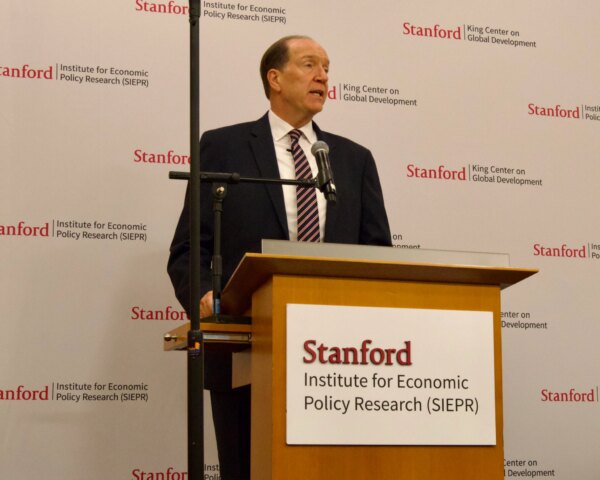Outdated Fundamental on the Penn State College Park campus on Wednesday, July 20, 2022.
Gov. Tom Wolf plans to “quickly” pay out roughly $12 million to Penn State — and tens of millions to the commonwealth’s three different state-related universities — as a part of a one-time increase involving federal COVID-19 reduction cash, however Penn State has not but introduced specifics on the way it intends to make use of the windfall.
Pitt introduced Aug. 25 that it deliberate to distribute its allotted $7.5 million to greater than 20,000 in-state college students, amounting to particular person grants of about $350 apiece. On Friday, a Penn State spokesperson declined to reply straight when requested whether or not the college had a timetable for publicly sharing its plan on the extra funds, that are absolutely below the management of Wolf.
It’s unclear precisely when the federal stimulus funds, directed by the governor, might be disbursed. Wolf spokesperson Elizabeth Rementer advised the CDT on Thursday she didn’t have a particular timeframe, including solely that she was advised “quickly.” She additionally confirmed the 4 universities would obtain about $30 million in complete.
Highlight PA reported in late July that Wolf was quietly steering tens of tens of millions towards Penn State, Pitt, Temple and Lincoln — a complete that represented a 5% improve within the universities’ respective appropriations, which assist off-set the price of in-state tuition. After the state legislature declined to extend the state funding earlier in July, all 4 universities introduced various tuition hikes.
Shortly after the publication of Highlight PA’s preliminary story in July, Home Republicans referred to as for the state-related universities to roll again their tuition will increase by arguing Wolf’s one-time funds meant the hikes had been now not wanted. All 4 universities declined.
Pennsylvania yearly ranks among the many worst states within the nation for per-capita assist of upper schooling.
“As soon as we perceive when the funds might be obtained and any stipulations relating to how they have to be used, we are going to completely put them towards supporting pupil success,” Penn State President Neeli Bendapudi wrote in response to the Home Republican Management Group. “This infusion of one-time funds, although, won’t get rid of the bigger monetary pressures the establishment is going through.”
Penn State operated at almost a $200 million deficit the final fiscal 12 months and introduced a “strategic hiring freeze” in early August.
It raised tuition on in-state undergraduates at College Park by 5% (to $19,286), although college officers mentioned college students whose households make lower than $75,000 wouldn’t see the rise. Penn State was capable of promise that by setting apart $14 million extra in monetary support.
